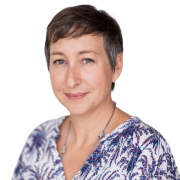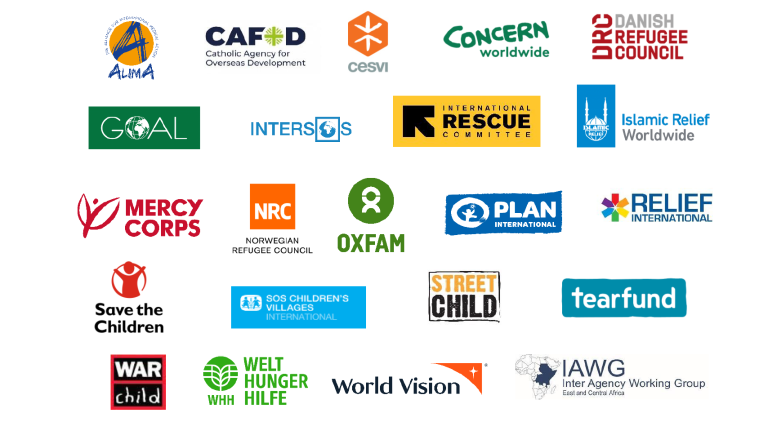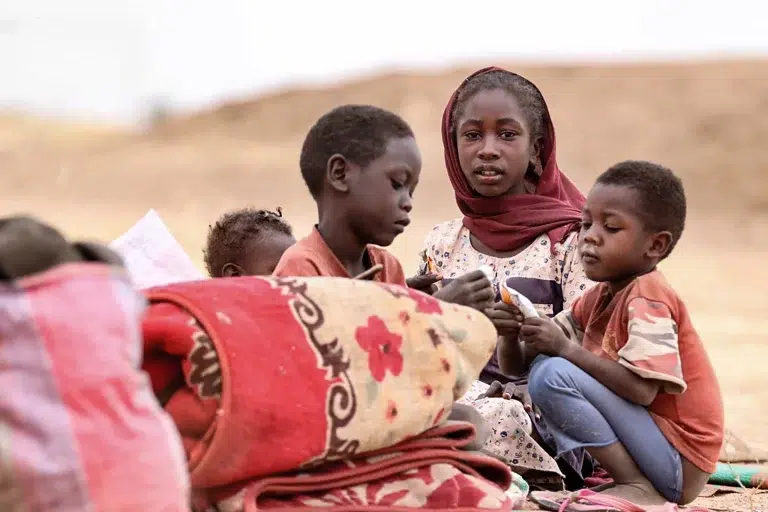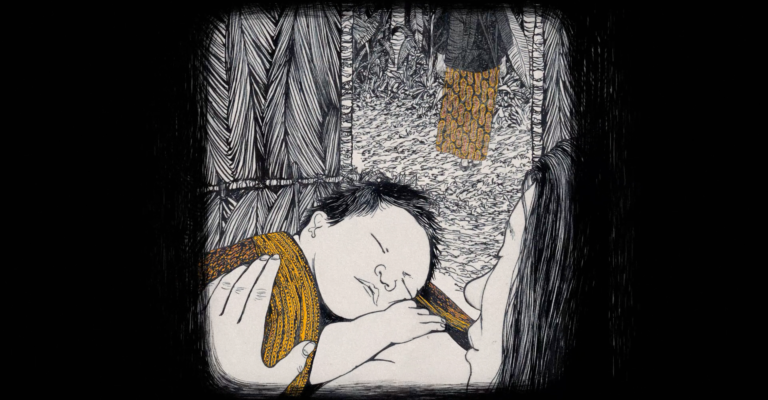The Covid-19 pandemic has affected African countries at a later stage, but the number of people infected continues to rise: 30 countries out of 54 are now affected, with about 500 cases detected.
The mortality rate is expected to be 3 to 5 times higher than in the rest of the world.
The ALIMA teams are familiar with the progression trends of the pandemic, having witnessed them in China and Europe. Its later arrival in Africa does not mean that the continent will be less severely affected, as the World Health Organization (WHO) points out.
In countries whose health systems are among the most fragile in the world, with far fewer resources than those mobilized in Europe, China or the United States, the situation is potentially catastrophic.
Since human and material resources, such as hospitalization and resuscitation beds, are largely insufficient, the mortality rate linked to Covid-19 is expected to be 3 to 5 times higher than in the rest of the world.
Although 43 African countries now have the capacity to diagnose Covid-19 patients, the chronic lack of equipment and trained medical personnel, which already exists in many countries, will make the response to the Covid-19 pandemic even more difficult. Almost all hospitals outside capital cities do not have respirators and are not equipped to provide intensive care.
“It’s just a matter of days before the virus spreads further across the African continent. In sub-Saharan Africa, however, health systems are already very fragile. If the epidemic spreads to these regions, we can expect a much higher mortality rate than in the rest of the world,” says Augustin Augier, Executive Director of ALIMA.
As the Covid-19 pandemic now threatens the entire continent, it is crucial that health structures in Africa have sufficient human, material and technical resources.
Restrictions preventing the continuation of humanitarian actions
The international community must be fully aware of the seriousness of the threat to African countries, particularly those in sub-Saharan Africa. The response must be collective and global, with the risk, in addition to the humanitarian tragedy, of seeing the virus reintroduced later in Europe, when it would have been just temporarily eliminated.
The mostly preventive measures taken by African countries are legitimate and welcome. However, some of them make the circulation of humanitarian personnel and the delivery of materials, which are essential for humanitarian assistance, almost impossible at a time when the need to fight Covid-19 will increase and periods of malnutrition and malaria are imminent.
Several countries have banned all international and sometimes intercontinental flights: it has become impossible to send experts or doctors from one African country to another and medical equipment can no longer be transported to the affected areas.
Since the end of January, drawing on their experience in the management of infectious diseases and in particular the Ebola epidemic, the ALIMA teams have been preparing to intervene on the African continent. However, security measures, containment and border closures make a global response to the spread of the virus impossible.
The first actions set up by ALIMA to fight against Covid-19
ALIMA has been solicited by the authorities of several African countries:
- Senegal, where it intervenes in collaboration with the Pasteur Institute of Dakar and the University Hospital of Fann and works on the management of suspected and confirmed cases.
- Cameroon, where it provides essential technical support, strengthening the capacity of hospitals and medical staff teams. These two actions will be financed for a period of 3 months by the Bill & Melinda Gates Foundation, already a partner of ALIMA.
- Burkina Faso, where the 1st death was announced yesterday by WHO, ALIMA is progressively organizing its support to official health structures in order to guarantee the safety of patients and health staff, so as to increase the response capacity under national coordination.
“In the past months, Burkina Faso has been particularly affected by attacks by armed groups, the health care structures are already in difficulty and will not be able to test and treat Covid-19 patients at all. The local ALIMA teams will do their utmost to provide the necessary technical expertise to support the authorities in coordinating the Covid-19 response. “said Richard Kojan, anaesthetist, intensive care anaesthetist and President of ALIMA, on his return from a mission in Burkina Faso.
While the WHO calls on African countries to prepare for the worst in the face of the Covid-19 pandemic, ALIMA reaffirms the importance of putting in place a transit pass system for all NGOs as soon as possible . This initiative would make it possible to accompany the continent in the fight against this virus, and in general to continue to deal with all health crises and emergencies in Africa.
Download PDF file






